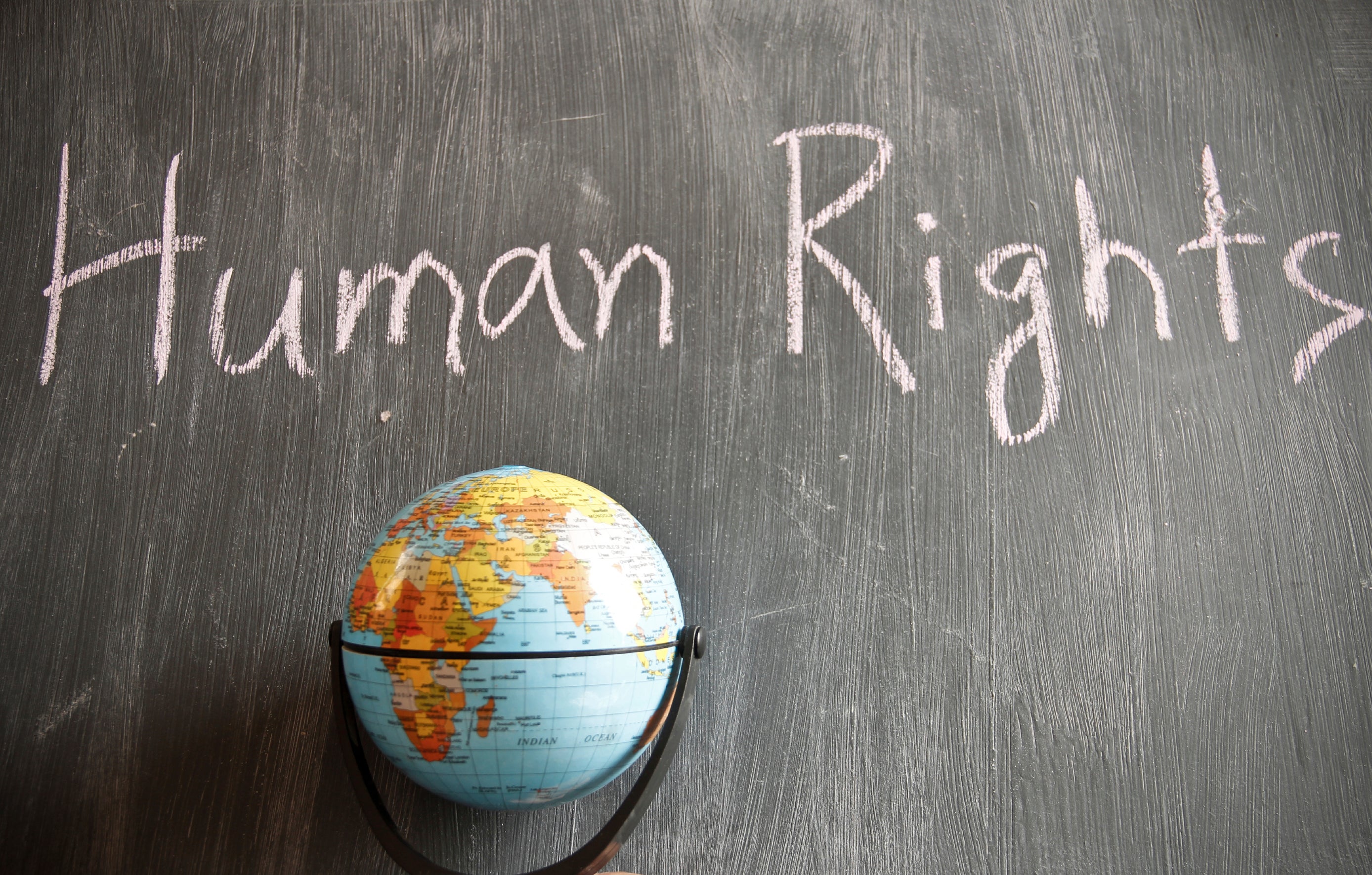Training on the subject of Human Rights was dealt with in two modules: Module I: “Fundamentals of Human Rights and Citizenship” and Module II: “Thematic Topics and the Human Rights Network in the city of São Paulo”. The course was developed and administered by the Department of Education in Human Rights at SMDHC, and taught via digital application with classes that included debates and audiovisual content, in addition to questions focusing on practical situations of activities related to daily life. The course methodology goes beyond traditional teaching models, in order to introduce theoretical and practical elements that contribute to improving service to citizens within the principles guaranteed by legislation and the Constitution, and in compliance with human rights, with regard, for example , respect for color, race, sexuality and social class. Among the topics addressed in Module I are fundamental issues of equality and difference; the political and conceptual history of sex/gender, sexuality, race/color, social class; and the historical construction (political and conceptual) of the notion of human rights. The total workload was 12 hours, with eight hours devoted to theoretical content and four hours to the exercise of activities related to the exposed subjects. The course content includes the legal norms that protect human rights, such as the Child and Adolescent Statute and the Maria da Penha Law; ways to mediate conflicts; and the current challenges and political projects in dispute in the consolidation of egalitarian and democratic values in the city of São Paulo. For Module II, the workload was 23 hours and the training had a partnership with the thematic coordinators of the SMDHC, among them: Coordination of Policies for Women, Coordination of Population in Street Situation, Coordination of Policies for Children and Adolescents, Coordination of Policy Coordination for Racial Equality and Policy Coordination for LGBTI+. The module contributes to the deepening of the themes that were requested by the GCM, especially from the deconstruction of racism, machismo, violence against women, LGBTphobia, violations of the rights of children, adolescents and the homeless population, in a context active listening and continuing education. Activities related to public urban security policies are currently undergoing a broad discussion about the care and treatment given to citizens, especially vulnerable populations.
Training in Human Rights
Official Name of Signatory
Delegation
Brazil
Website of the Signatory
Name of the person presenting the Good Practice
Lucas Roberto Paredes Santos
Position/Job Title of person presenting the Good Practice
Assessor International Relations
Aim of the Good Practice
To train the participants so that they have a deeper vision of human rights and that they can apply it in their work. Module 1 aimed to: Present the guiding principles of human rights, their regulation by the State, the Public Policies that propagate these rights, as well as affirmative actions aimed at equity. Module 2 aimed to: Present thematic topics of human rights, their regulation by the state and the public policies that propagate these rights.
Target Group of the Good Practice
Municipal public security agents (Metropolitan Civil Guard)
Implementation period
2021/2022
Consistency over time
-
Evaluation of the Good Practice
400 vacancies were offered and from this number of subscribers, 345 agents completed the course. It should be mentioned that the following profile analysis refers to 335 agents who responded to the evaluations applied by the Department of Education in Human Rights: • With regard to gender, 46.12% declared themselves to be Cis Women ; 40.10% declared themselves to be Cis Men and 13.53% declared to be Transsexual Men; • In terms of Race/Color, 44.86% declared themselves to be white; 35.59% brown person; 16.54% black person and 1% indigenous person. Assessments referring to module 1: In all, 335 responses were collected in the final evaluation of the course - “Overall, how would you rate the course?” Great - 52.24%, Good - 42.69%, Regular - 4.78%, Bad - 0.30%, Module 2 assessment: In all, 250 responses were collected in the final evaluation of the course - “Overall, how would you rate the course?” Excellent - 72.51% Good - 25.50% Regular - 1.59 Bad - 0.40%
Key stakeholders and partnerships
Municipal Department of Urban Security and Municipal Secretary of Human Rights and Citizenship

